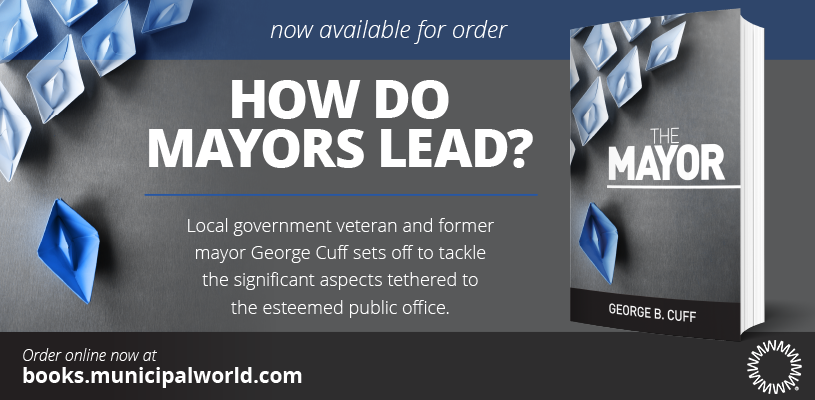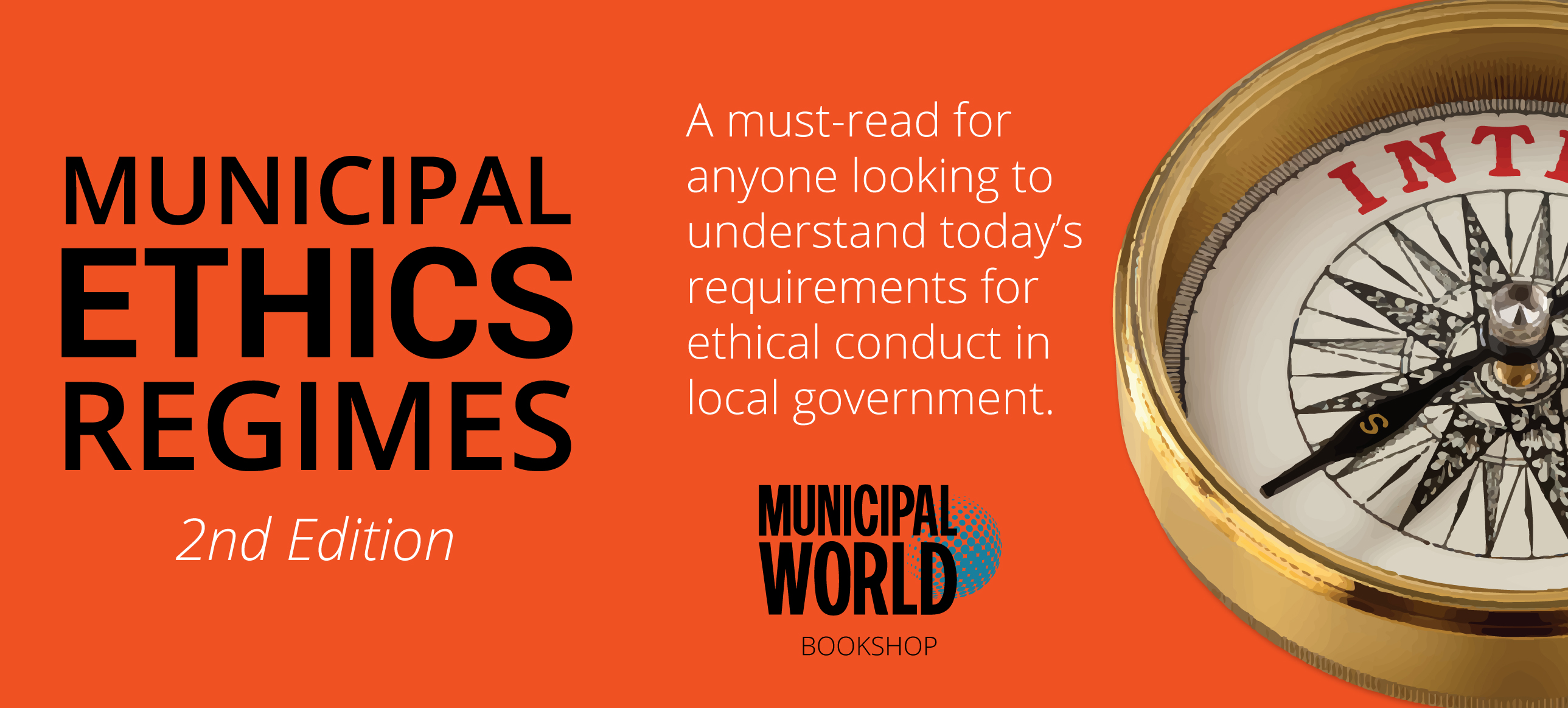Lessons from the olympics

Ordinary People Doing Extraordinary Things
When you look at the great things that are being done in your community, it is most often the result of the work of ordinary people coming together to make a difference. Understanding this phenomenon – how ordinary people can do extraordinary things – can help tap into the well of potential that abounds around you, getting results that go far beyond the sum of the parts.
Former Olympic Gold Medalist (Nagano, 1998 – Curling) Joan McCusker spoke on the subject at a recent conference of the Alberta Urban Municipalities Association. Drawing on her Olympic background, McCusker presented five key characteristics of those with success in this regard – characteristics that apply equally well, whether your area of effort is in local government or high-performance athletics.
1. Understand the Value of Team
The key question here is “who’s on my side?” Who’s working toward the same goal? These may be fellow members of the municipal council, the administrative staff of your community, or even the neighbouring community in the case of regional collaboration.
Implicit to this is that once you’ve managed to identify these people, don’t compete against your own teammates. Define the goal, reach out to others who are working to achieve it, and make sure everyone’s pulling in the same direction.
As a corollary, perseverance is a vital characteristic – whether in municipal governance or in the broader world. Sticking with the goals when things get in the way: when funding dries up or when a decision outside of your control detrimentally impacts your planning, it’s how you respond to the obstacle placed in front of you. The key is sticking with your goals – and for municipal leaders, that goal is to make your community a better place.
2. Work Together
Every single person in your organization has a role to play in achieving the collective goal. Working together is vital to achieving success, but it’s about more than that. Every single role needs to feel valued – from the front-line staff to the senior leadership – and value can be created.
Tied to this is role clarity. If everyone understands their role, understands what is and is not their job, it helps to ensure that the organization works as a well-oiled machine. Everyone is able to spend the time focusing on developing the expertise of their own role, without having to worry about learning everyone else’s. As McCusker suggested, “It’s hard to trust others when we don’t know what our jobs are.”
Leaders have a particularly key role in building that working relationship. As leaders, it is important to build trust – and sometimes that means showing a little vulnerability. When people see the human aspect, understand that leaders are people to, it makes it easier for the unit to work together.
3. Mental Toughness
“We do not succeed in this world unless we know how to recover.” In reality, we all make decisions that turn out unsuccessfully, in personal and professional settings. But, it’s not just recovery, it’s the ability to refocus on the goal that makes people truly successful.
Understanding the impact of emotions can help to create better leaders. Leaders are role models, and their reactions are contagious. Teams are best when there’s a sense of calm and focus – having an emotional response triggers an equally emotional response in others, and can lead the whole team off track.
Distractions take away from focus. In a municipality, a distraction might come from a myriad of sources – oftentimes beyond your direct control. While you can’t control those distractions, you can control your reaction to them. Whether it’s preplanning solutions to potential challenges, finding a release strategy, or simply avoiding the distractions altogether (where possible), can help to keep the focus where it belongs.
4. Positive Attitude
Negative people tend to fall into two groups – people who spend too much time living in the past, focusing on what might have been had they made a different decision, and people who spend too much time living in the future, who think about what might happen to the paralysis of current decisions.
That doesn’t necessarily mean that you have to ignore the past, or to not think about the future. The operative word is balance. In order to maintain a positive attitude, McCusker’s key is “Learn from the past. Be mindful of the future. But live in the present.”
Further, attitude is a series of choices that you make, not something that’s inherent to you as a person. Blaming something on “that’s just the way I am” ignores the fact that every day is an opportunity for personal growth. Find a positive role model – someone who you can draw inspiration from for your own life – and it will make an impact on those around you, too.
There’s a common idea in high-performance sports, “fake it ‘til you make it.” Even if you feel miserable, putting on a positive attitude presents an opportunity to act as a role model yourself, and often it has the unintended benefit of improving your own mood.
5. Make it Fun
People who can do extraordinary things are those who can find joy in every single day. They make their lives fun.
Note the fact that McCusker makes the case that it’s about making your own lives fun. No one else can do it for you. All it takes is a little bit of effort each day – it starts with you.
***
Whether in sports, municipal governance, or in any other endeavour, it’s all about real people. How people live their lives and the choices they make all have an impact. And, that impact can extend far beyond just your own life – it can be infectious, and can help make your colleagues, teams, and communities better, allowing you to do something extraordinary. MW



